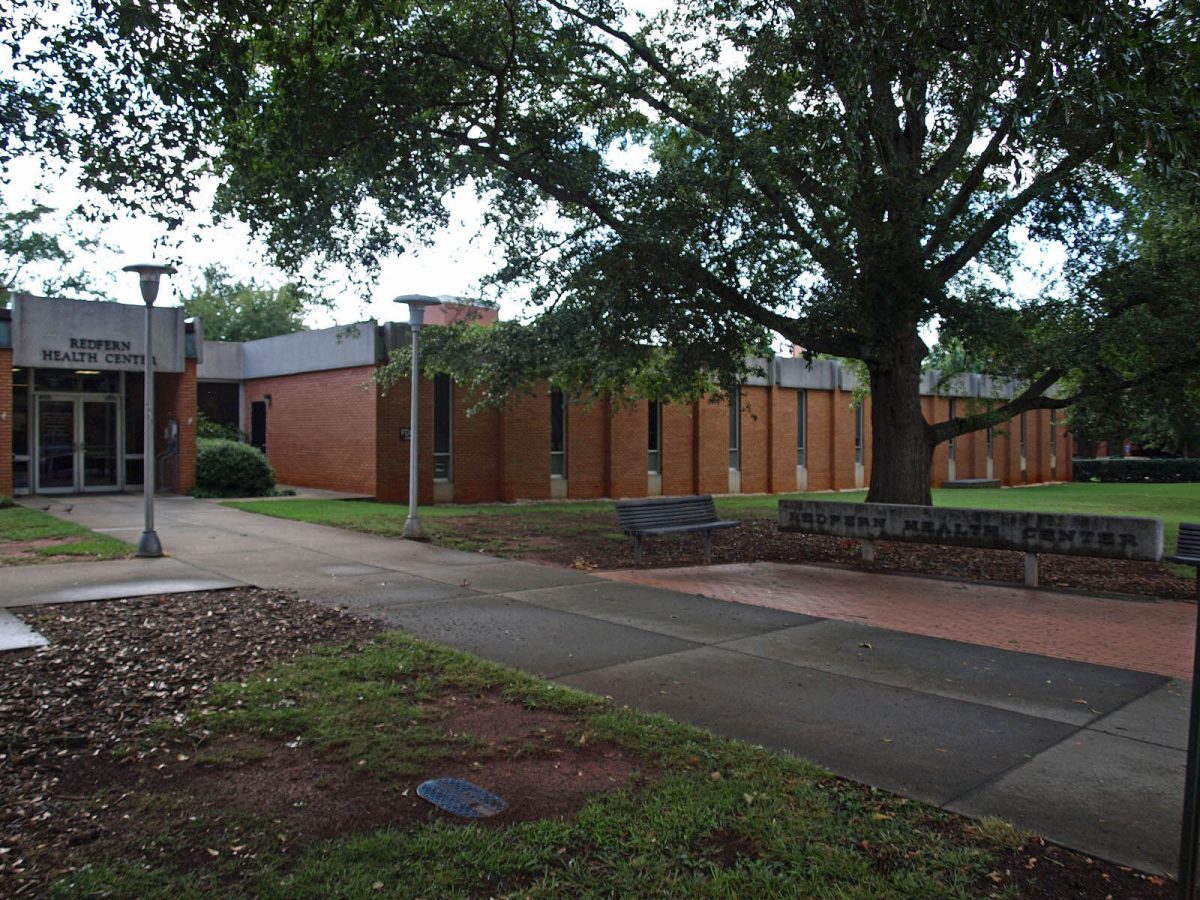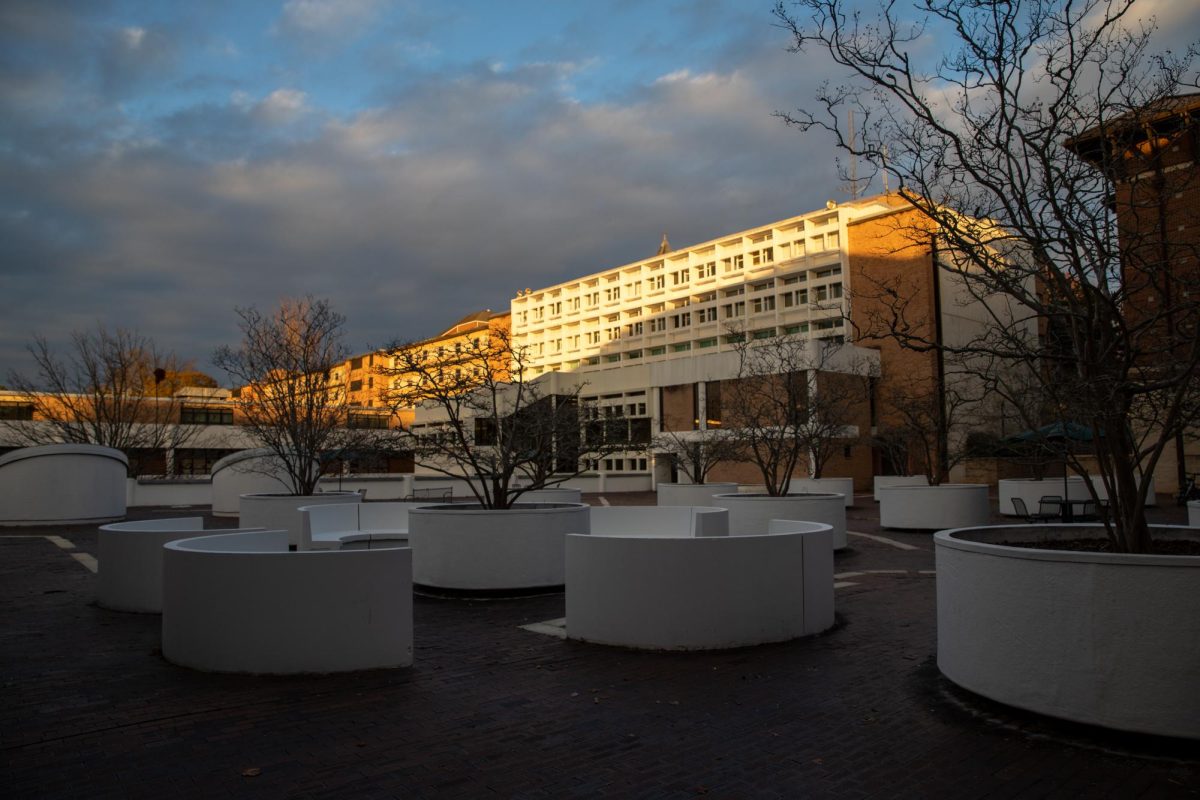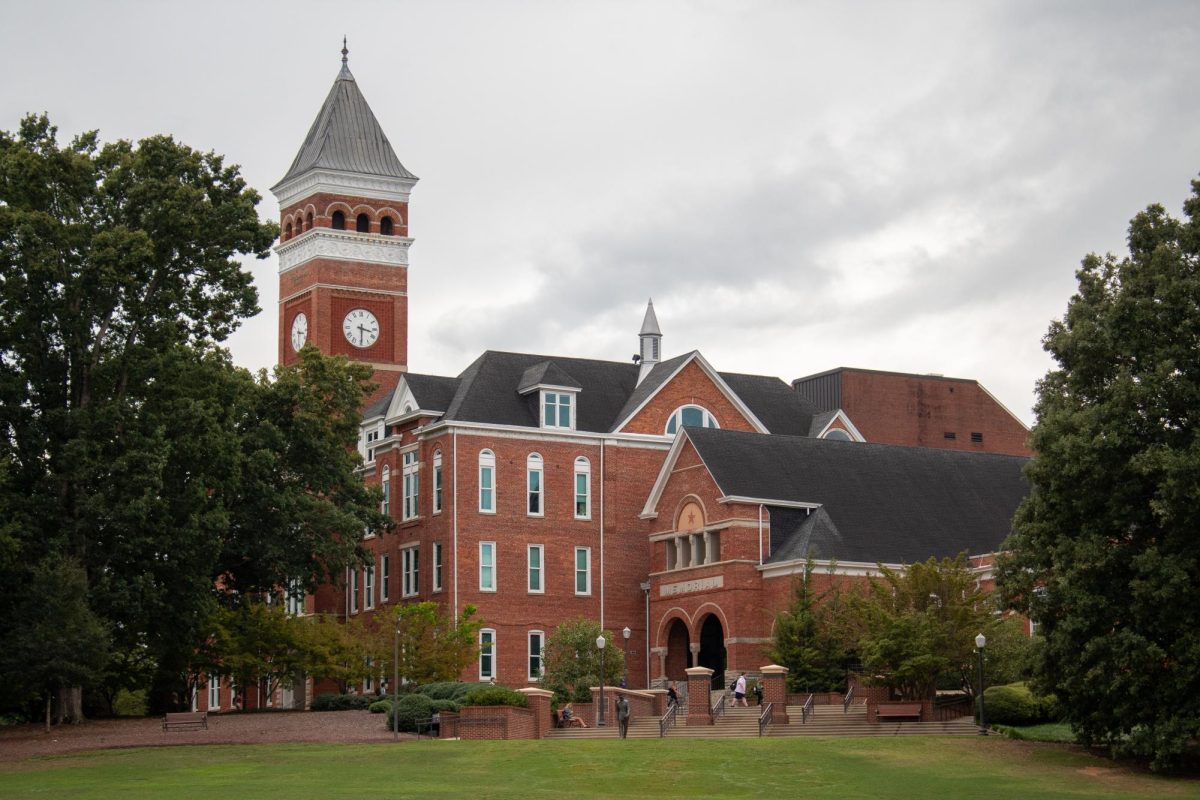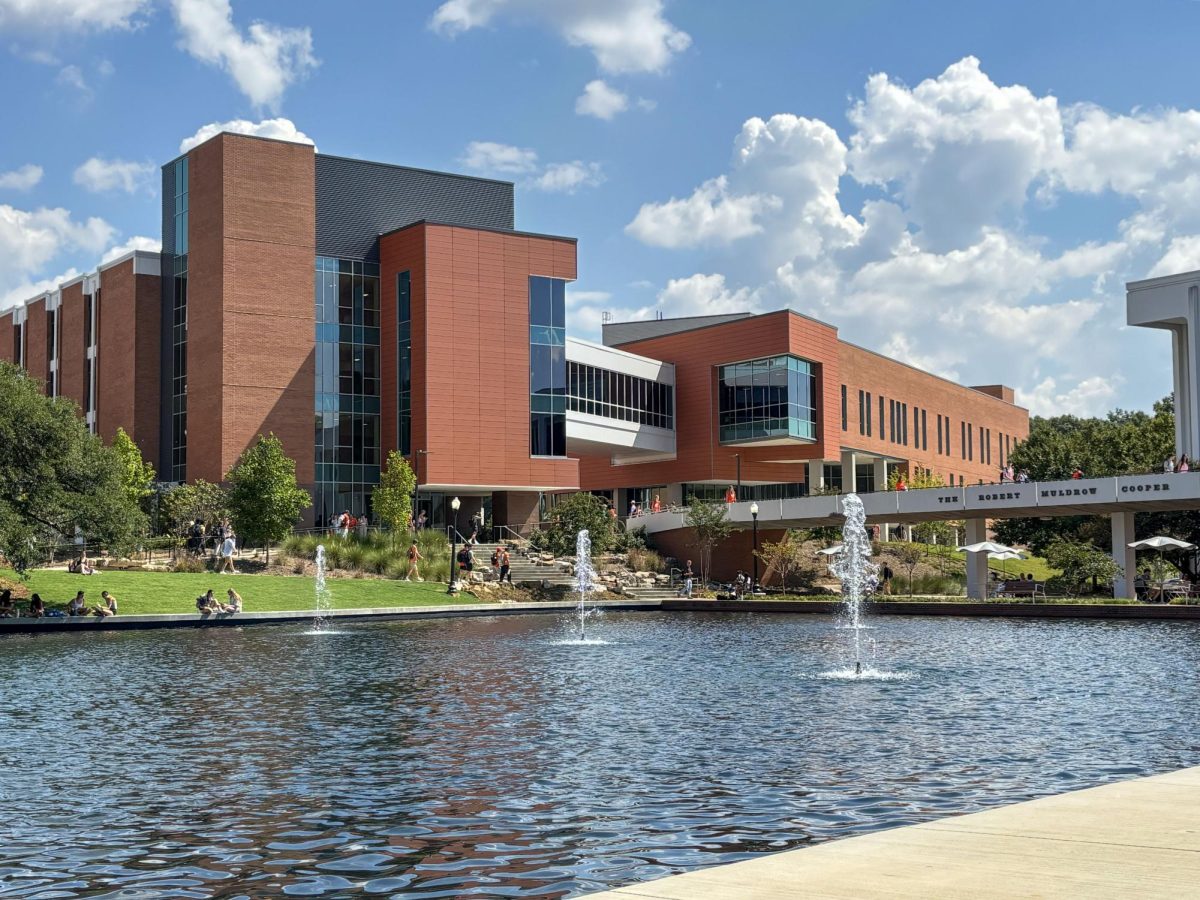Clemson’s Counseling and Psychological Services has a reputation on campus for its extreme wait time. Many students find themselves waiting a month or longer for appointments which can yield little result. Students find this frustrating as many of the issues they hope to discuss affect their quality of life, and the delay forces them to persist unaddressed.
Though the saying goes, “money can’t buy happiness,” perhaps there is reason to believe Clemson divulging more money into the CAPS program would make for a happier, healthier campus.
In this year’s University budget report, Student Services is defined as “program expenses contributing to students’ emotional and physical well-being.” This section of the University budget is where we will find the funding for the CAPS program.
The total University budget proposed for the 2022-2023 academic year was 1.7 billion dollars. Of this total, Student Services is set to receive about $68 million, or just 4% of the total budget for the school year. It is also important to note that CAPS is not the only program encompassed in the Student Services category, so it will not receive all of this money.
Less than 4% of the total budget seems low for the category that protects student mental health, especially with what we have learned about college students’ mental health in recent years.
In 2019, the American Institute of Stress reported that three of four students enrolled in college have had feelings of overwhelming anxiety. Though not every student will go seek help from the CAPS program, all Clemson students should see it as a viable option.
If we take three out of four students of Clemson’s entire student body, or about 27,000 students, we get just above 20,500 people that may seek help from the CAPS program.
Currently, Clemson only has nine licensed counselors or psychologists working as CAPS providers, and four more that are currently unlicensed, according to the CAPS contact page. The ratio of students to CAPS providers is incredibly low, with over 2,000 students per licensed counselor. This is clearly an unrealistic amount of people to treat if all of the student body was in need of this resource.
Though this is a worst-case scenario for Clemson, it is not entirely out of the realm of possibility with the effects of underfunding already starting to show themselves. There are many students on campus that know the infamous wait times of the CAPS program and will avoid it like the plague.
Rather than seeking the help that is necessary, people find themselves bottling their emotions and not acknowledging their need for help. If Clemson were to allocate more money to the CAPS program, more counselors could be hired, more students would be seen, and this line could shorten significantly.
Ideally, this problem would not have to be addressed. Students would not find themselves stressing over workloads, social lives, money and any other issue in their lives. But that is not the world we find ourselves in. People have countless problems on a daily basis, and the CAPS program was put in place to guide people out of their toughest challenges.
It is not hard to believe that a future where CAPS is quickly accessible to students is in sight. With more funding to a program dedicated to student health, Clemson University could be a safer and happier place.
Natalie Peck is a sophomore communication major with a minor in political science. She is from Myrtle Beach, South Carolina and enjoys taking day trips to places she’s never been before.
Peck: CAPS is under-funded, here’s why
Natalie Peck, Columnist
October 13, 2022
Wikimedia
Redfern Medical Center will be offering more telehealth services with MUSC in the coming weeks and months.
0
Donate to The Tiger
Your donation will support the student journalists of Clemson University. Your contribution will allow us to purchase equipment and cover our annual website hosting costs.
More to Discover















